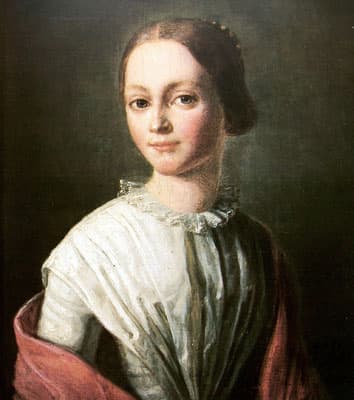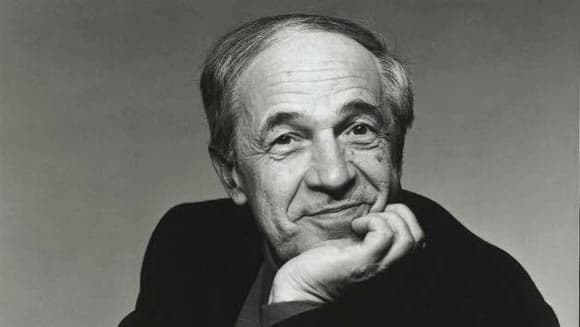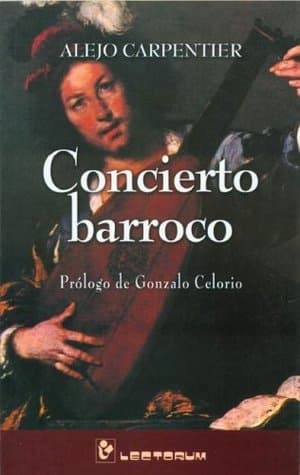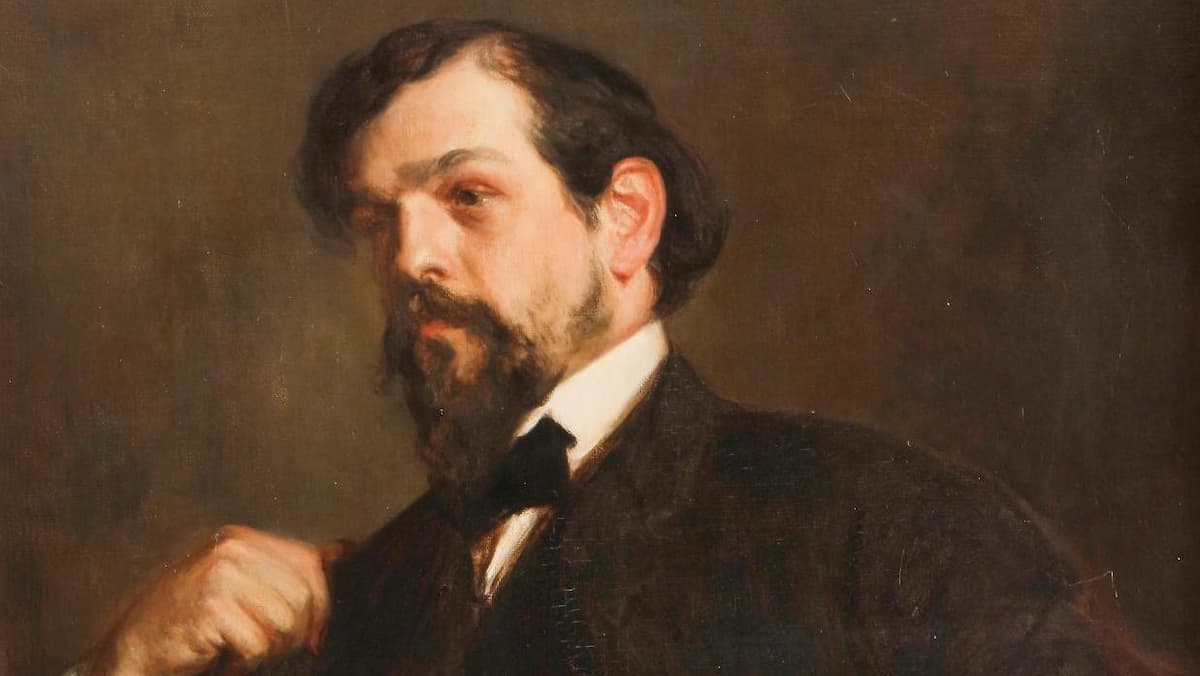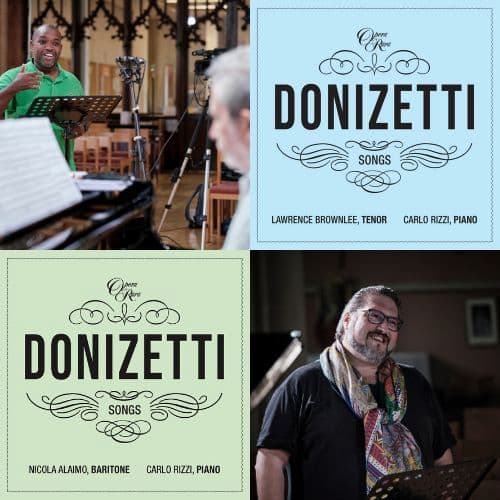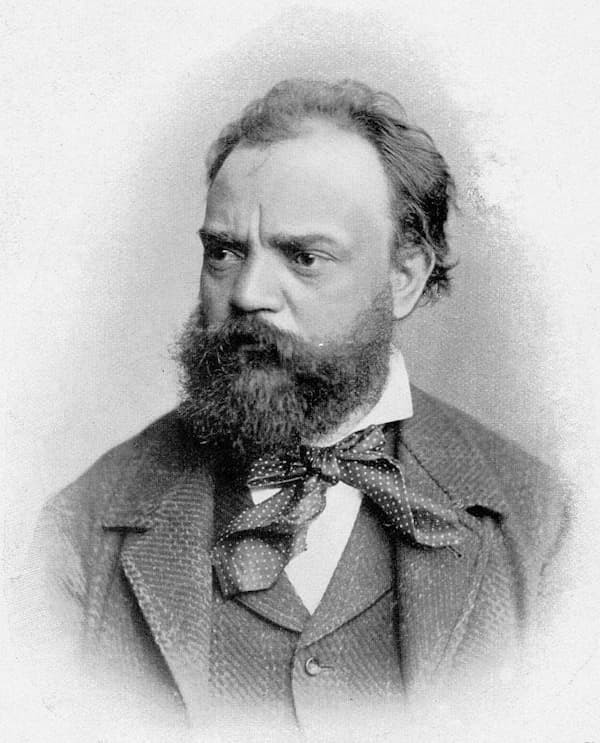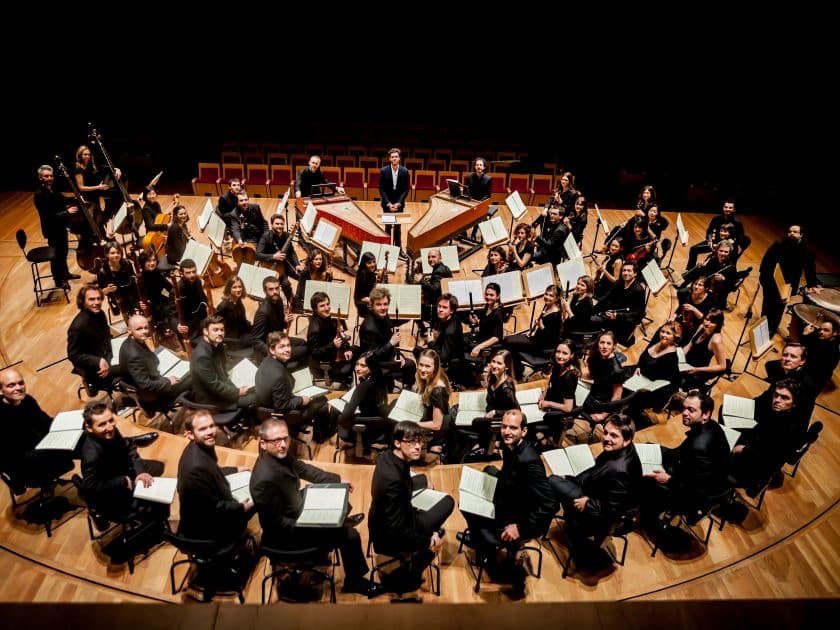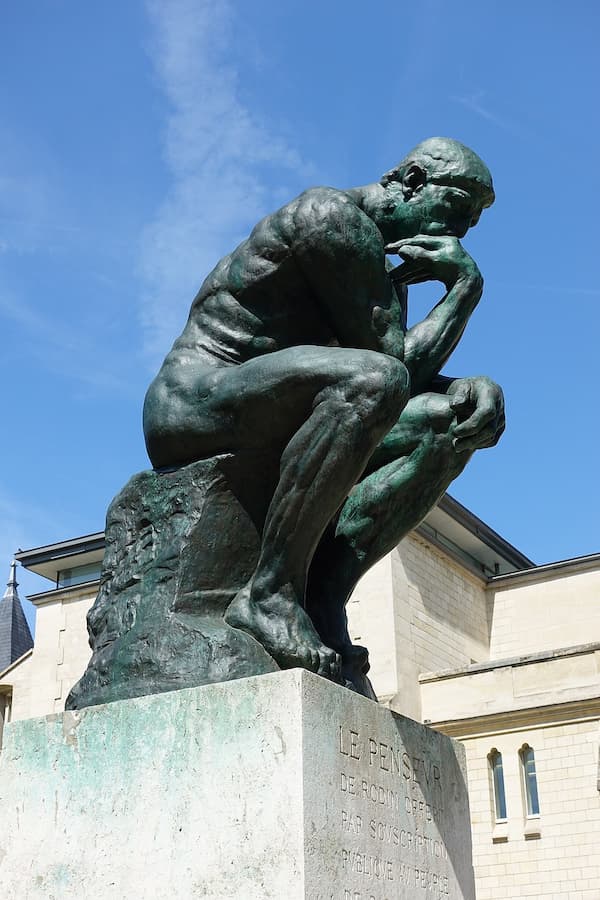This is a tale of two piano virtuosos. Frédéric Chopin was born in Poland in March 1810, while Clara Wieck (later Clara Schumann) was born in September 1819. These two great pianists grew up to become giants in their field.
Blogs
Born 100 years ago, on 26 March 1925, Pierre Boulez became the most important French avant-garde composer of the 20th century. He tirelessly worked on behalf of contemporary music. His compositions evolved from rigorous intellectualism and a commitment to serialism
Music has a remarkable ability to evoke deep emotions, reflect societal issues, and transform characters. It’s no surprise that many novels explore the lives of musicians, the world of classical music, and the role of art in shaping personal identity.
The word “sad” covers a lot of emotional ground. It can mean anything from melancholy to outright misery. Composer Claude Debussy was a master at portraying different gradations of emotions, including feelings of contradiction or ambiguity. Today we’re looking at
In September 2023 Opera Rara launched one of its most ambitious projects in its 50-year history. Spearheaded by Carlo Rizzi and Roger Parker, the “Donizetti Song Project” aimed to record the nearly 200 Donizetti songs, many of them unheard and
In the spring of 1892, about 6 months before he departed to lead the National Conservatory in America, Czech composer, Antonín Dvořák’s music publisher asked him to write a little ‘humoresque’. He complied with a lovely little piano piece in
Composers can spend months or years crafting the perfect ending to a symphony. It’s easy to understand why the ending is so important. Those last few minutes of a piece are the ones that audiences will walk away thinking about.
Part of the “Sure Mesure” series available on ARTE Concert, this stunning 33 minute performance features pianist Alexandre Tharaud and dancer Chun-Wing Lam. “Bach in the Ruins” was recorded at the Fonderie Saint-Lubin, located about 30 kilometres from Paris, a

